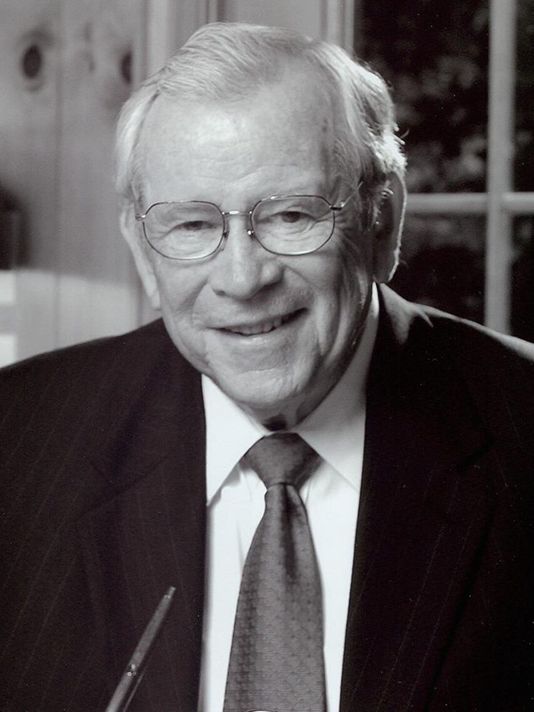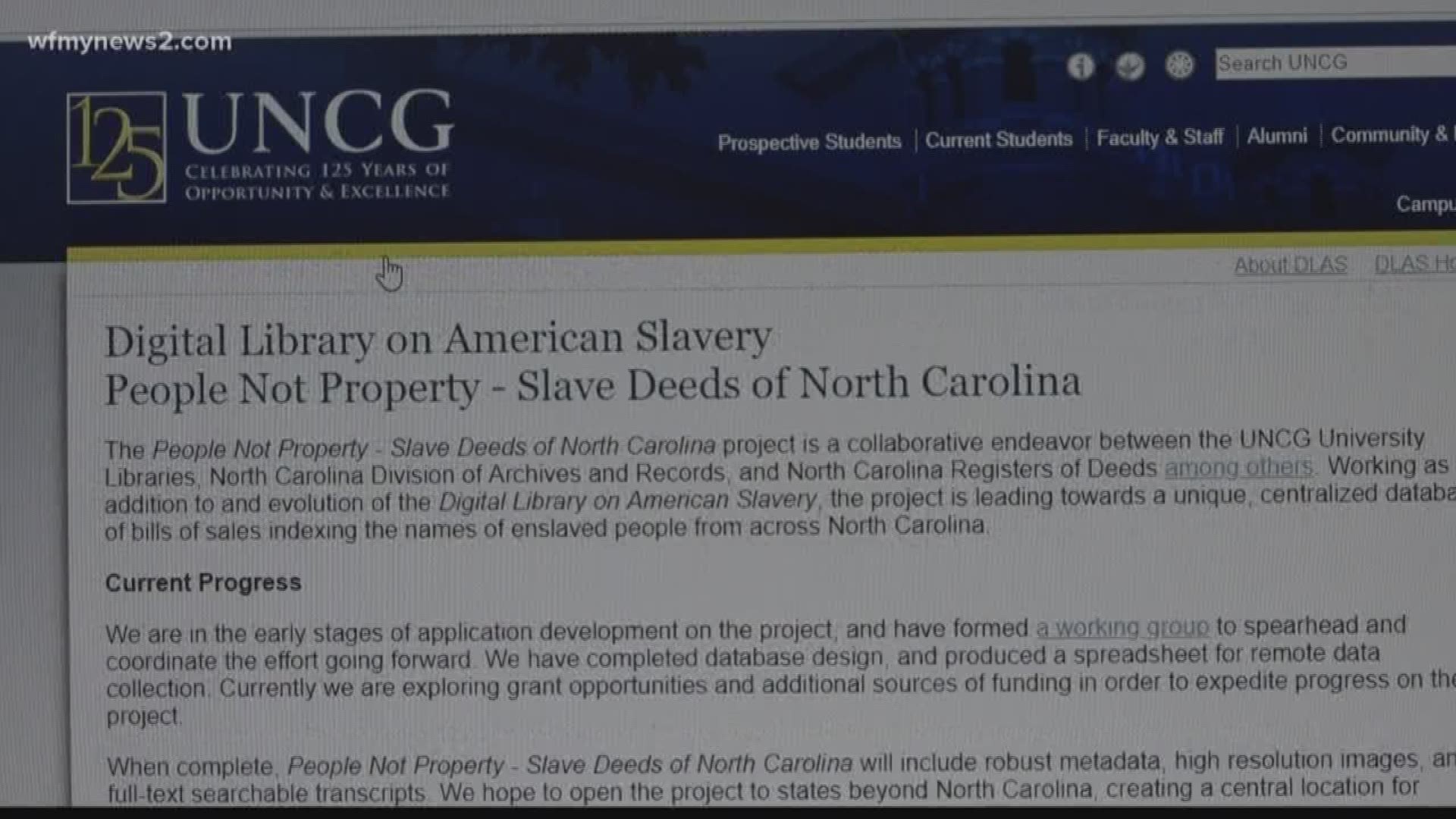Former Senate Majority Leader Howard Henry Baker Jr. passed away Thursday at age 88.
![Former Senate GOP leader Howard Baker dies[ID=11438305] ID=11438305](http://videos.usatoday.net/Brightcove2/29906170001/2014/06/29906170001_3645308305001_thumbnail-for-video-3645162882001.jpg?pubId=29906170001)
Baker served 18 years in the U.S. Senate. In 1966, he was the first Republican to be popularly elected to the Senate from Tennessee. The Republican reshaped Tennessee politics and was once thought to be a contender for the presidency.
COLLECTION OF PHOTOS: Life and work of Howard Baker Jr.
Baker passed away at his home in Huntsville, Tenn., following complications from a stroke he suffered last week. His wife, former Kansas Sen. Nancy Kassebaum Baker, was present, reported The Tennessean.
The University of Tennessee confirmed Baker's body will lie in state at the rotunda in the Howard Baker Jr. Center on the university's campus from 11 a.m. until 4 p.m. Monday. His funeral is scheduled for Tuesday, July 1 at First Presbyterian Church in his hometown of Huntsville, Tenn.
On Thursday afternoon, Gov. Bill Haslam ordered Tennessee flags lowered to half-staff to honor the senator's passing.
Baker became a prominent national leader while serving as the highest-ranking Republican of the Senate Watergate Committee. The senator from Tennessee uttered the most memorable quote from that scandal: "What did the President know, and when did he know it."
As a U.S. senator, Baker became known as "The Great Conciliator" because of his ability to bring lawmakers from opposing sides together to resolve pressing issues.
"Howard Baker was Tennessee's favorite son, one of America's finest leaders and for Honey and me an indispensable friend," U.S. Sen. Lamar Alexander told The Tennessean in a statement. "He built our state's two-party political system and inspired three generations to try to build a better state and country. It is difficult to express how much we honor his life and how much we will miss him."
TIMELINE: Remembering Howard Baker Jr.
During the 1976 election, Gerald Ford considered Baker as a running mate. Even though he did not get the join Ford on the ticket, Baker was elected Senate Minority Leader in 1977, a position he held until 1981. In the next presidential election, Baker was a candidate in the 1980 Republican nomination.
In 1981, Baker was elected Senate Majority Leader. He held that position until his retirement in 1985. A year before his senate retirement, Baker was awarded the Presidential Medal of Freedom, the nation's highest civilian honor. Next, the former senator became President Ronald Reagan's Chief of Staff from 1987 to 1988.
After his retirement from politics, Baker practiced law with several Tennessee firms. But in 2001, Baker returned to politics when President George W. Bush appointed him as the U.S. Ambassador to Japan.
The University of Tennessee awarded its first honorary doctorate to the great statesman in the spring of 2005.
"Our country has lost a great statesman and a great Tennessean," said Chancellor Jimmy G. Cheek. "Senator Baker will live on in our hearts forever as a man who believed that government was to serve the people."
The Howard H. Baker Jr. Center for Public Policy was founded in 2003 on the University of Tennessee campus.
The nonpartisan institute named in Baker's honor is devoted to education and research concerning public policy and civic engagement.
"The Baker Center stands as a living legacy to a member of the greatest generation," said Matt Murray, director of the Howard H. Baker Jr. Center for public policy. "Senator Howard Baker will always represent what is good about those who serve our country unselfishly. We are honored to carry on his work to create a more civil engagement in our government."
In recent years, Baker has been in ailing health. He is survived by his wife Nancy Kassebaum, a former Kansas Senator. Baker lost his first wife, Joy, to cancer in 1993.
Baker was born Nov. 15, 1925 in Huntsville, Tenn. His mother passed away when he was 8 years old, and his father married Irene Bailey three years later. Baker attended McCallie School, a military preparatory school in Chattanooga, for high school. After graduation, he enlisted in the U.S. Navy in 1943. He studied electrical engineering at the University of the South in Sewanee, Tenn. and Tulane University. At the end of his naval career, Baker attended the University of Tennessee Law School, where he earned his law degree in 1949.
In 1950, Baker served as campaign manager for his father's successful bid for the U.S. House of Representatives. During his father's first term, Baker married Joy Dirksen, the daughter of Illinois Senator Everett Dirksen. Together they had two children, Darek and Cynthia.
Baker's father served in the U.S. House until his death in 1963.
As a young man, Baker didn't have political ambitions. But in 1964, he decided to run for the U.S. Senate in a special election to fill a vacant seat when Sen. Estes Kefauver died. Even though he lost, Baker ran again in 1966 and won 56 percent of the popular vote, becoming Tennessee's first popularly elected Republican senator. He went on to serve three terms from 1967 until 1985.
Contributing: The Tennessean, The University of Tennessee Howard Baker Jr. Center for Public Policy.


![Howard Baker Jr Tennessean [ID=11446147]](http://moc-assets-prod.gannett-cdn.com/-mm-/734fac10538d13406c1d7cd31ef155a9e07b4676/r=300x400/local/-/media/WFMY/WFMY/2014/06/27/1403842552000-Howard-Baker-Jr-Tennessean.jpg)
